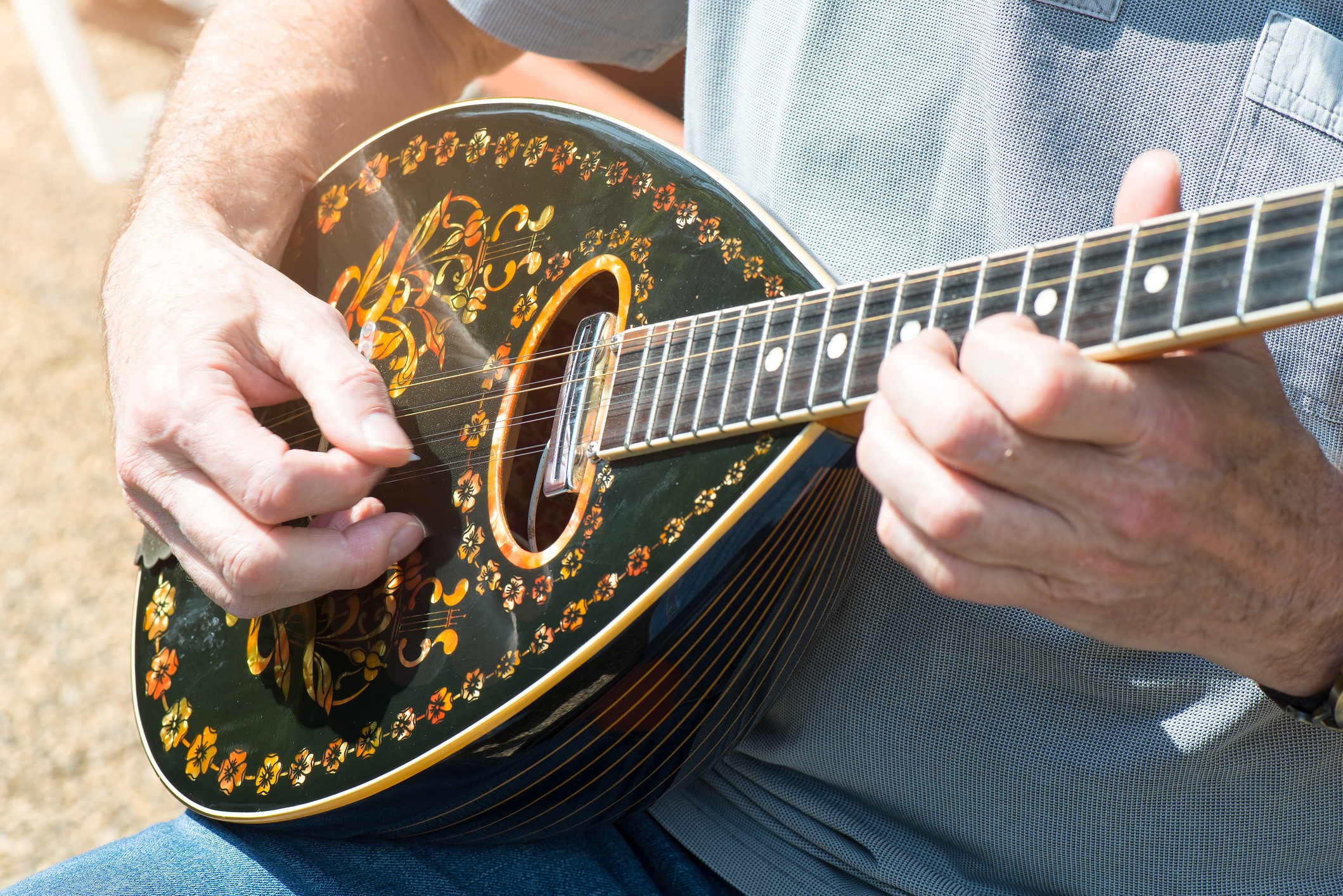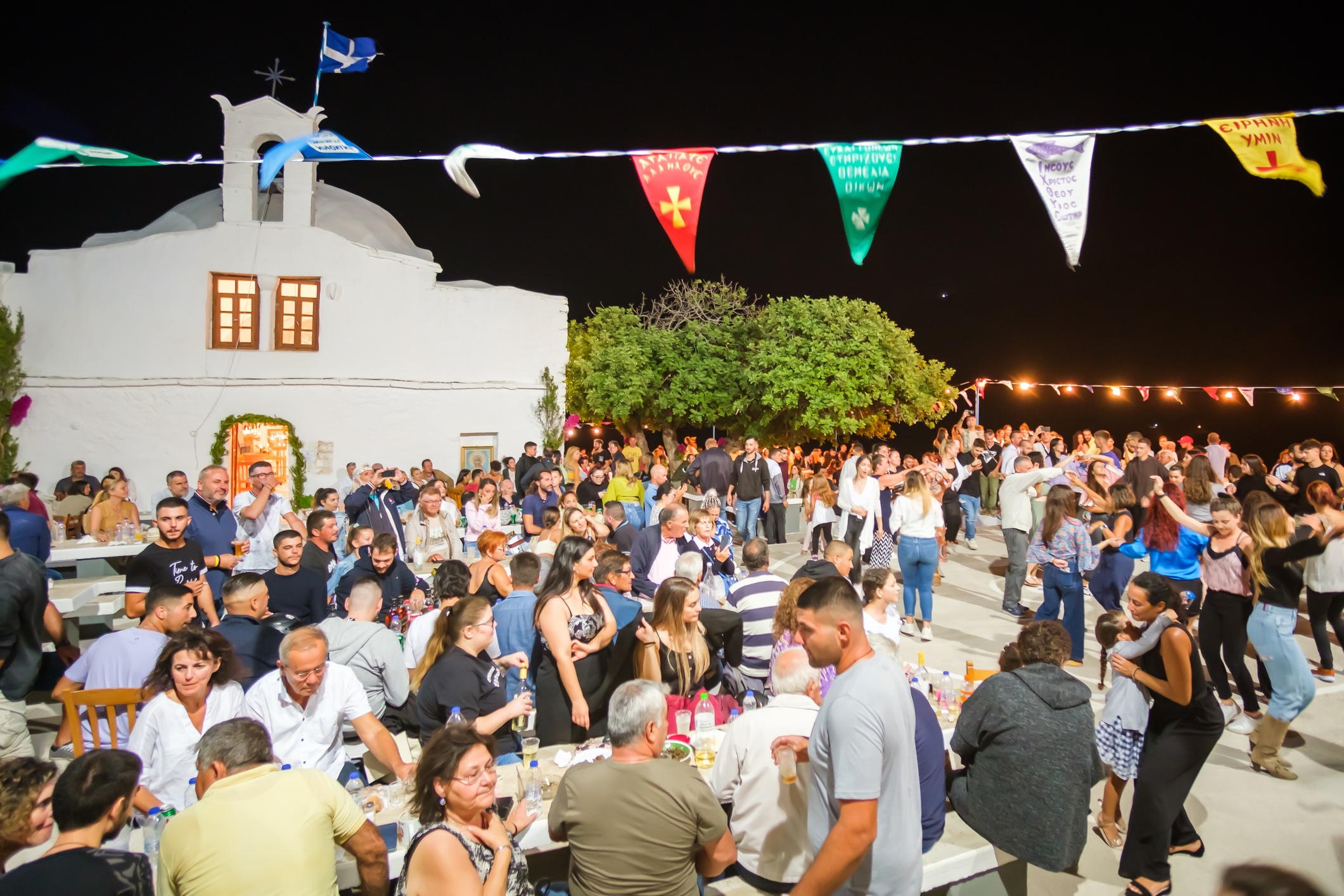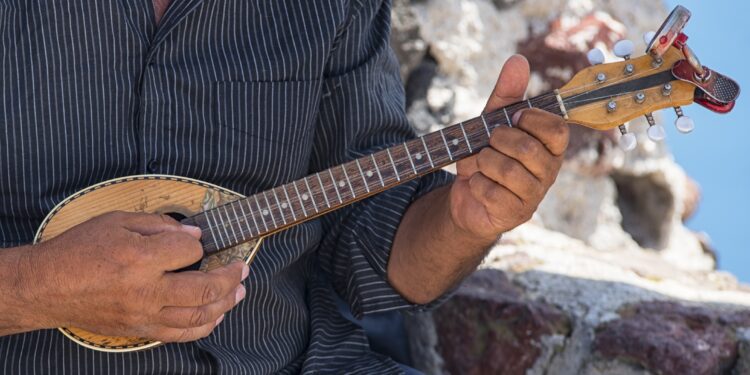From the slow, soul-stirring sounds of a Pontic lyra to the fast-paced rhythm of bouzouki in a seaside taverna, traditional Greek music is more than just background noise—it’s the heartbeat of Greek culture.
Whether you’re walking through a mountain village or dancing at a local festival, you’ll find that Greek music connects people across time and place. It’s ancient, alive, and woven into everyday life.
Here’s a guide to the instruments, regional styles, and live experiences that bring the soul of Greece to life.
The Sound of Greece: Musical Roots That Run Deep
Greek music is a fusion of East and West, with influences from Byzantine chants, ancient melodies, Ottoman rhythms, and island folklore. It’s as diverse as the landscape—from island serenades to mainland laments.
Expect music that is:
-
Melodic and emotional
-
Deeply regional and storytelling-based
-
Often tied to dance, celebration, and ritual
💡 Every instrument, scale, and lyric tells a story—of love, war, migration, faith, or joy.

Must-Know Traditional Greek Instruments
Bouzouki
-
The iconic long-necked string instrument of rebetiko music.
-
Its metallic, emotional sound defines modern Greek folk music.
Lyra
-
A bowed instrument found in Crete, Pontus, and Northern Greece.
-
Each region plays it differently—with distinct melodies and dances.
Clarinet (Klarino)
-
Central to Epirus and mainland Greece.
-
Used in mournful laments and celebratory dances alike.
ADVERTISEMENT
Laouto
-
A fretted lute used mainly in Crete and the Aegean islands.
-
Often played alongside the lyra for dance music.
Santouri
-
A type of hammered dulcimer found in folk ensembles.
-
Produces a rich, echoing sound perfect for slow island songs.
Defi & Toubeleki (Drums)
-
Traditional percussion that drives the rhythm in dance settings.
-
Especially common in island music and celebrations.
Regional Music Styles Worth Exploring
Cretan Music
-
Intense and energetic, often accompanied by dancing.
-
Common at village festivals (panigyria) and weddings.
Epirus & Northern Greece
-
Haunting, slow-paced melodies with deep clarinet lines.
-
Traditionally performed at religious festivals and mountain feasts.
Aegean & Ionian Islands
-
Lighter, more lyrical songs often involving romantic serenades.
-
Features violin, laouto, and melodic vocals.
Rebetiko (Urban Blues)
-
Born in the ports of Piraeus and Thessaloniki in the 1920s.
-
Think: Greece’s version of the blues, often dealing with love, hardship, and rebellion.
Where to Hear It Live: Local Shows & Cultural Experiences
Attend a Panigyri
Village festivals (often honoring a saint) combine food, dance, and live music well into the night. Expect lots of locals—and no stage.

Visit a Rebetiko Taverna
Cities like Athens and Thessaloniki have tavernas with live rebetiko bands where the vibe is raw and real.
Explore Folklore Museums or Music Workshops
In places like Crete, Nafplio, or Volos, you’ll find workshops where locals build and play traditional instruments—sometimes even inviting visitors to join in.
Go to a Cultural Festival
Events like:
-
Anogeia Music Festival (Crete)
-
Sani Festival (Halkidiki)
-
Festival of the Aegean (Syros)
These showcase both traditional and modern interpretations of Greek music.
Music That Moves You
You don’t need to understand the lyrics to feel Greek music. It’s in the rhythm of the zeibekiko, the pulse of the pentatonic clarinet, the cry of the lyra. It’s found in alleyways, village squares, mountaintops, and open-air tavernas.
And when you hear it live, surrounded by locals clapping to the beat—you’ll understand why Greek music isn’t just played. It’s lived.










